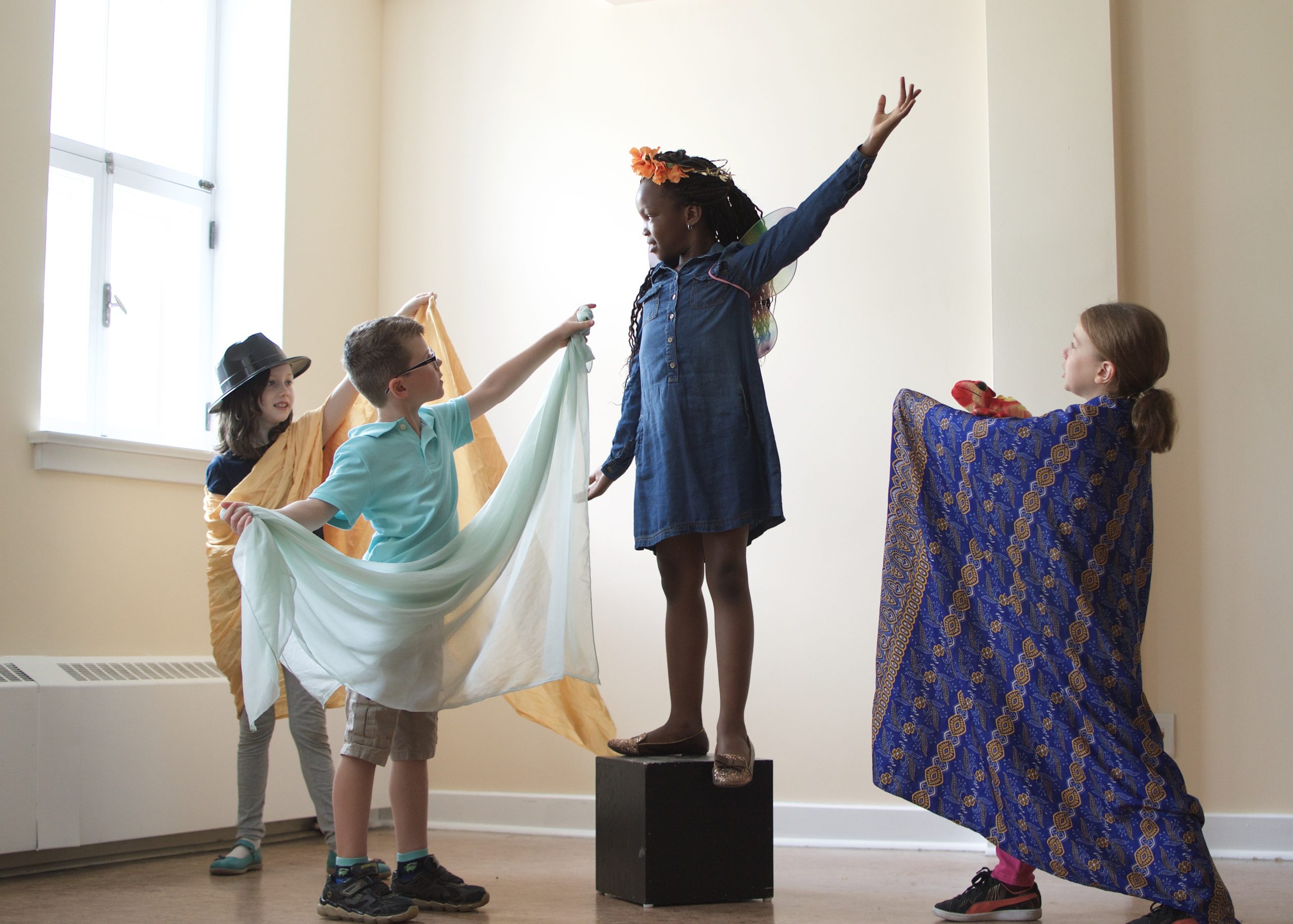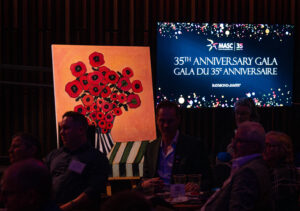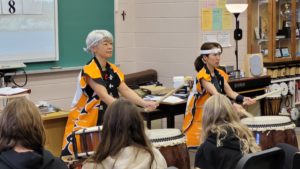Interview: Amanda Lewis, Founder and Artistic Director of the Ottawa Children’s Theatre
By Jessica Ruano | January 6, 2022

This interview was originally published on Apt613.ca
The Ottawa Children’s Theatre, founded in 2013, is dedicated to theatre that is by, for, and about young people and specializes in many areas of drama including voice and movement, improvisation, acting techniques, Shakespeare, musical theatre, and collective creation. This week, founder and director Amanda Lewis talks about transitioning to virtual classes and launching their first online summer camps.
MASC: When COVID-19 threatened the existence of your Ottawa Children’s Theatre classes and camps, you were tempted to give up — but instead you went online. What made you feel that the virtual move was worth the risk?
Amanda Lewis: First and foremost, it was because of the children. I knew that many of them would feel adrift during this strange time and I wanted them to have familiar faces to connect with. I wanted them to know that they could continue learning and having fun, but most importantly I wanted them to feel seen and heard and valued. I wanted to give them a small sense of normalcy by continuing their relationship with a trusted and familiar instructor. Over the years we have built a strong community of students, parents, and artists/instructors. I wanted to keep all of us connected as we navigated the huge upheaval in our world.

Young actors with Ottawa Children’s Theatre. Photo provided by MASC.
We know that there are challenges in doing things virtually, especially with drama classes where children and youth play off the energy of a shared space. But what are some of the positive aspects you’ve discovered?
The space that we create online is quite intimate. The kids see us in our homes, and see us struggling with self-isolation in similar ways to what they’re going through. They are aware that we’re sharing a unique moment, and this seems to give them an additional capacity to trust us. Young people who were very shy are opening up with new confidence because they feel safe in their own space.
Now more than ever, the arts can provide a platform for people to ask big questions and explore what is fundamentally important to them.
One of the really unexpected positive outcomes is that we are working collaboratively with our students to problem-solve. They are helping us to discover what works and what doesn’t in this new medium. This means students and artists/instructors are learning together, which is creatively empowering for all of us.

Young actors with Ottawa Children’s Theatre. Photo provided by MASC.
As a member of MASC, what do you gain through offering your workshops in schools and in the community?
We’ve been a part of the pilot project of MASC’s online workshops and it’s been really exciting to connect with the teachers in schools. I think it has been wonderful for them to see their students playing and exploring together. This has been such a stressful time, so having a chance to laugh and create together has been enriching for us.

Young actors with Ottawa Children’s Theatre. Photo provided by MASC.
Whether we are online or on-site, each MASC workshop is a unique experience that requires us to be open and receptive to the individuals in the room. As a visiting artist to a classroom or community group, you can feel very vulnerable going into a situation where you are “the visitor.” The participants know each other and their environment; whereas we are the outsiders, and we don’t know how we will be received. Each workshop feels like a risk. But I think because of that risk, that opportunity provided to us by MASC, we become better artists. I think that in that space, that space of our vulnerability, we “renew our vows” as artists.
Why do you think it’s important for our local community to have access to professional artists?
Now more than ever, the arts can provide a platform for people to ask big questions and explore what is fundamentally important to them. All artistic disciplines encourage you to discover what it means to you to be a unique human being, and what it means to share that discovery with other people. I can’t really think of anything more important for building a caring and empathetic community.

Young actors with Ottawa Children’s Theatre. Photo provided by MASC.
We could all use some heartwarming stories right now. Since you’ve begun this online venture, what have been some of your most inspiring interactions with your students?
I was teaching an acting class recently and had been frustrated that we hadn’t built the ensemble in the way that we usually do in the studio. There didn’t seem to be a way to develop a group dynamic. But then I tried a solo exercise called “What’s Beyond.” Each student had to develop a small scenario in which they entered into the space from beyond the boundary of the frame. They come on with an attitude or mood, entering because of whatever has happened “off stage.” Then they do something in the space of the frame and exit.
But I think because of that risk, that opportunity provided to us by MASC, we become better artists. I think that in that space, that space of our vulnerability, we “renew our vows” as artists.
As I spotlighted each performer, I realized that we were exploring the very essence of theatre. If you define theatre as “an empty space in which something happens” and you define your own personal theatre space as your Zoom box, you can create your story in that small stage. And as each of these students performed their simple, meaningful stories on their own stages, I could see them as unique individuals coming together for a moment in time. I watched them watch each other, delighting in our shared, basic humanity. We were connected in this magic space. It was a huge light bulb moment for me.
Latest News
View All Articles



